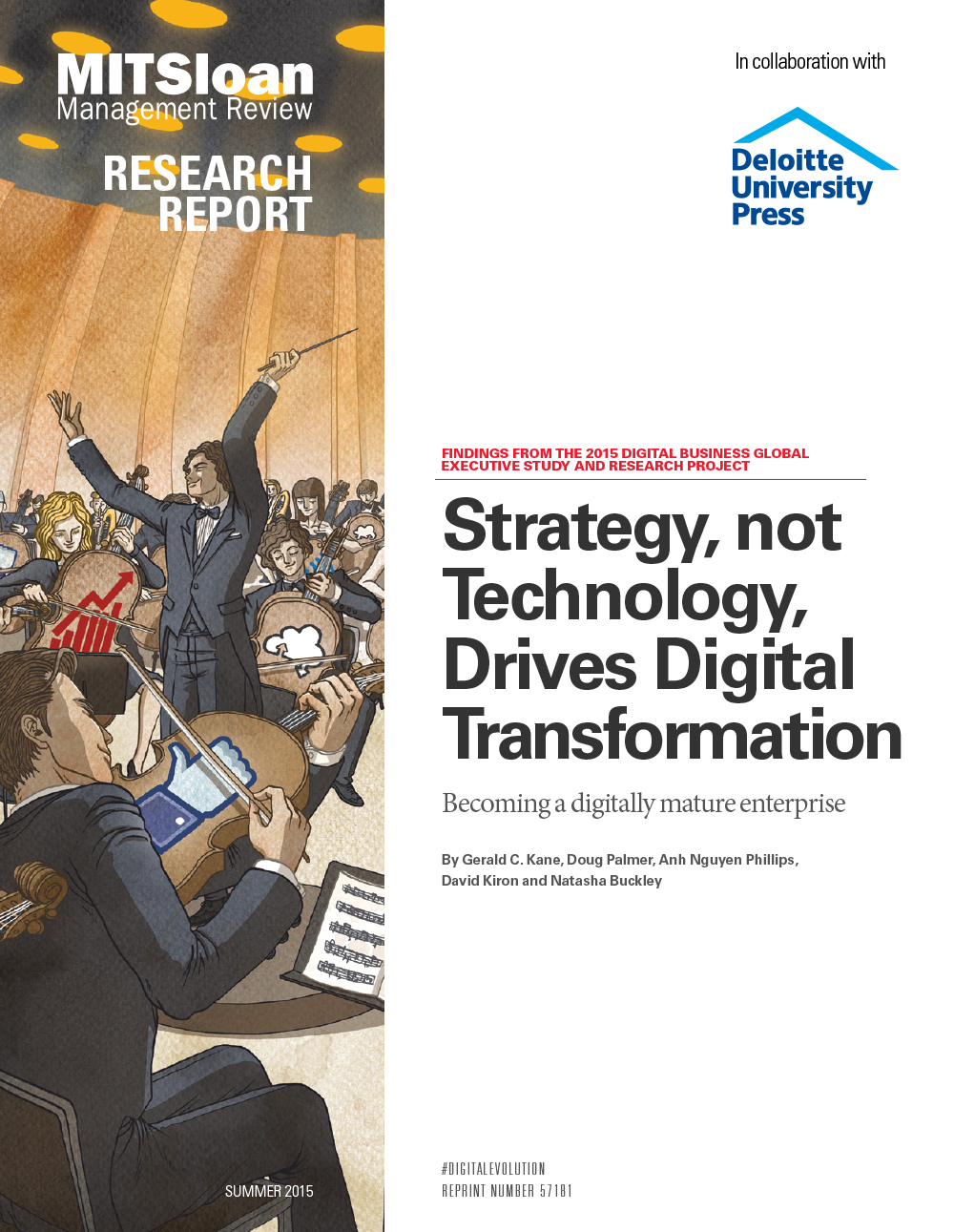
Real Strategies for Virtual Organizing
Current models of organizational strategy and structure fail to meet the challenges of the information age. Based on field study, the authors conceptualize an architecture, or guide, for virtual organizing that focuses on the importance of knowledge and intellect in creating value. Information technology lies at the heart of this business model for the twenty-first century.
The authors' approach incorporates three interdependent vectors: customer interaction deals with new challenges and opportunities for company-to-customer interactions; asset configuration focuses on creating and deploying intellectual assets while sourcing physical assets from a complex business network; and knowledge leverage is concerned with opportunities for leveraging diverse sources of expertise within and across organizational boundaries.
Each of the vectors in turn has three stages. Stage one focuses on task units such as customer service, purchasing, or new product development. Stage two focuses on coordinating activities to create superior value. Stage three focuses on the interorganizational network to design and leverage interdependent communities for innovation and growth.
Each vector raises a distinct series of questions for managers. The overall challenge for companies is to harmonize the three vectors and to undertake external benchmarking when experimenting with different approaches to design.




